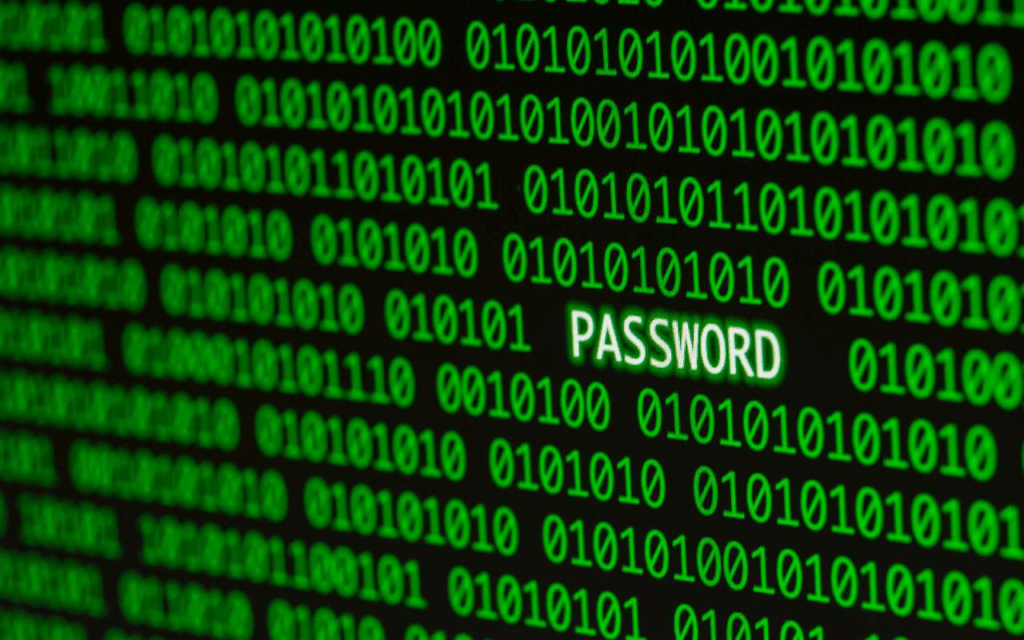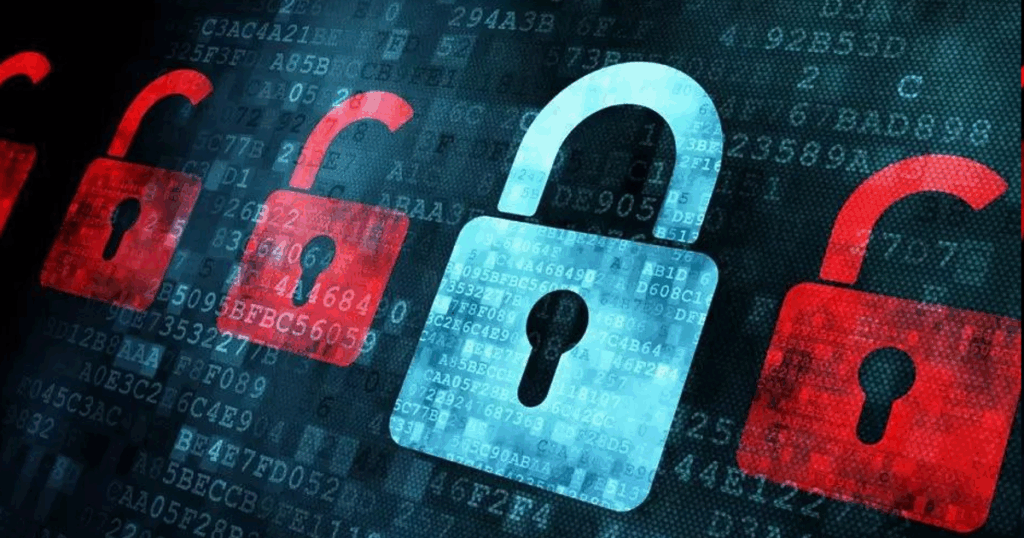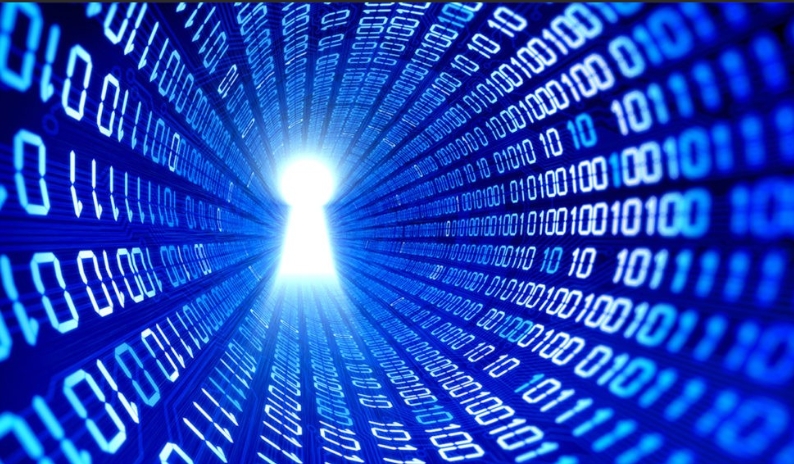? Today, the world increasingly resembles chapters from dystopias — from George Orwell’s 1984 to Black Mirror. Surveillance cameras are becoming “smart,” algorithms know us better than our neighbors, and companies collect data with the greed of it being the new oil. In this reality, cryptography becomes the last bastion where the “little person” can protect themselves from governments, corporations, and hackers.
Main Privacy Threats
Total digital surveillance.
Every click, every card swipe, every photo in the cloud becomes a stream of data analyzed and used for targeting or control.

Digital giants.
Google, Meta, Amazon — they are no longer just companies; they are data superpowers. Your habits, purchases, messages — all this is “feed” for algorithms deciding what you will see tomorrow.
Government control.
Under slogans like “fighting terrorism” or “protecting children,” governments around the world expand access to citizens’ data, deploy mass facial recognition systems, and store metadata of calls and messages.

Cybercrime.
And let’s not forget the dark side — leaks, hacks, ransomware. Privacy suffers not only from the “big players” but also from criminals.
How to Counteract
- Message encryption. Using end-to-end encrypted messengers (Signal, WhatsApp, Telegram in “secret chats”) gives at least minimal assurance that only the recipient can read your message.
- VPNs and Tor. These tools hide your IP address and complicate tracking, though they do not provide absolute protection.

- Cryptocurrencies and blockchain. Despite their reputation as “speculative assets,” Bitcoin and Monero remain tools of financial freedom, enabling censorship-resistant transactions.
- Minimizing your digital footprint. A simple but effective approach is limiting what you share: less personal info on social media, fewer app consents for data collection.
Why it matters
Cryptography is more than technology — it’s a philosophy of resistance. It reminds us of our right to personal space even in a digital world where the “strong” impose transparency, turning us into “glass citizens.”

Yes, absolute anonymity no longer exists. But in this game, every extra layer of encryption, every refusal to voluntarily hand over your data, is a small victory. It is a way to remind that technology can serve not only control but also freedom.
? Conclusion:
Cryptography truly remains the weapon of the weak against the strong. And like any weapon, its value depends on how skillfully we use it and how ready we are to defend our right to privacy in an era where data has become the most valuable currency.
All content provided on this website (https://wildinwest.com/) -including attachments, links, or referenced materials — is for informative and entertainment purposes only and should not be considered as financial advice. Third-party materials remain the property of their respective owners.


